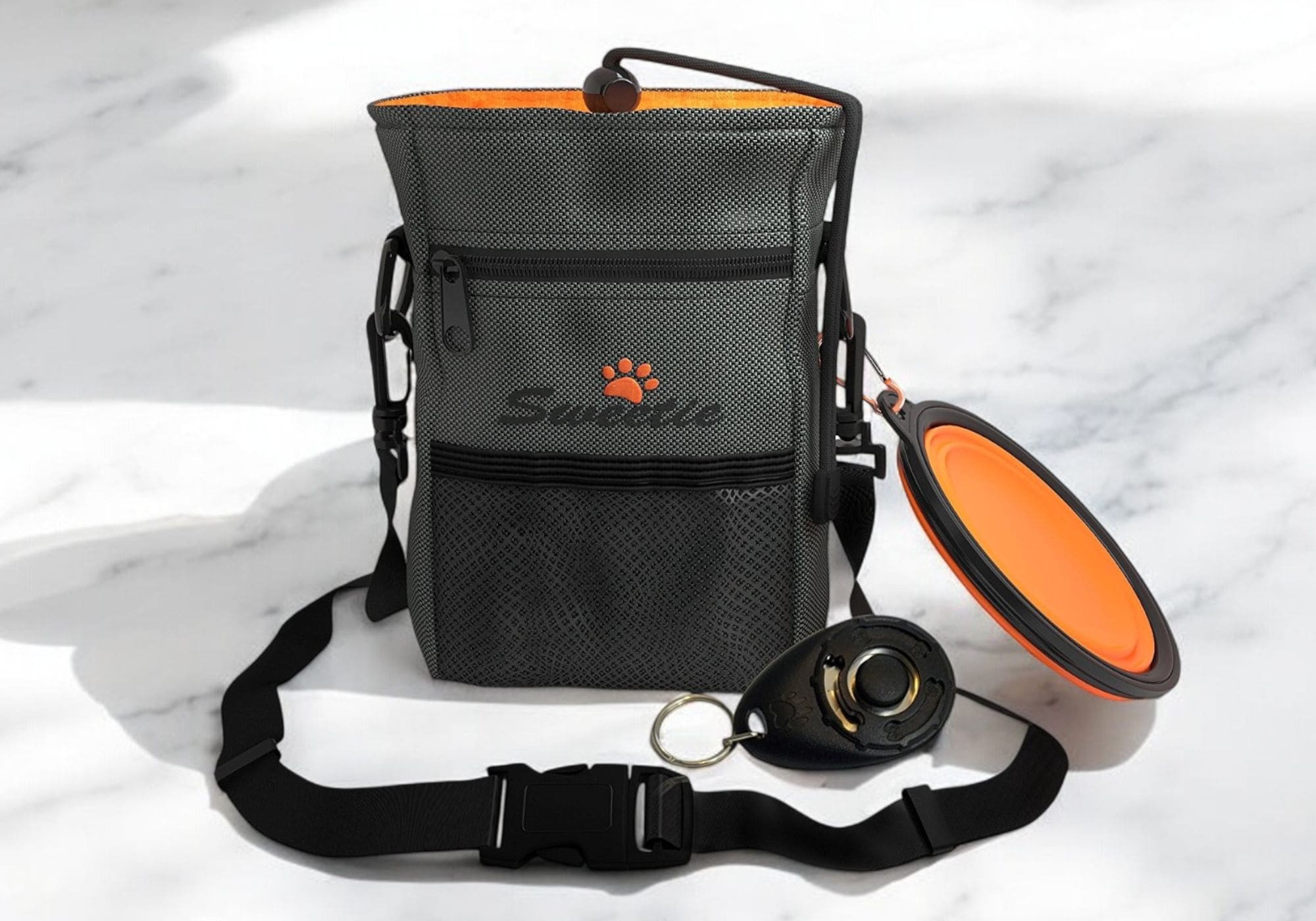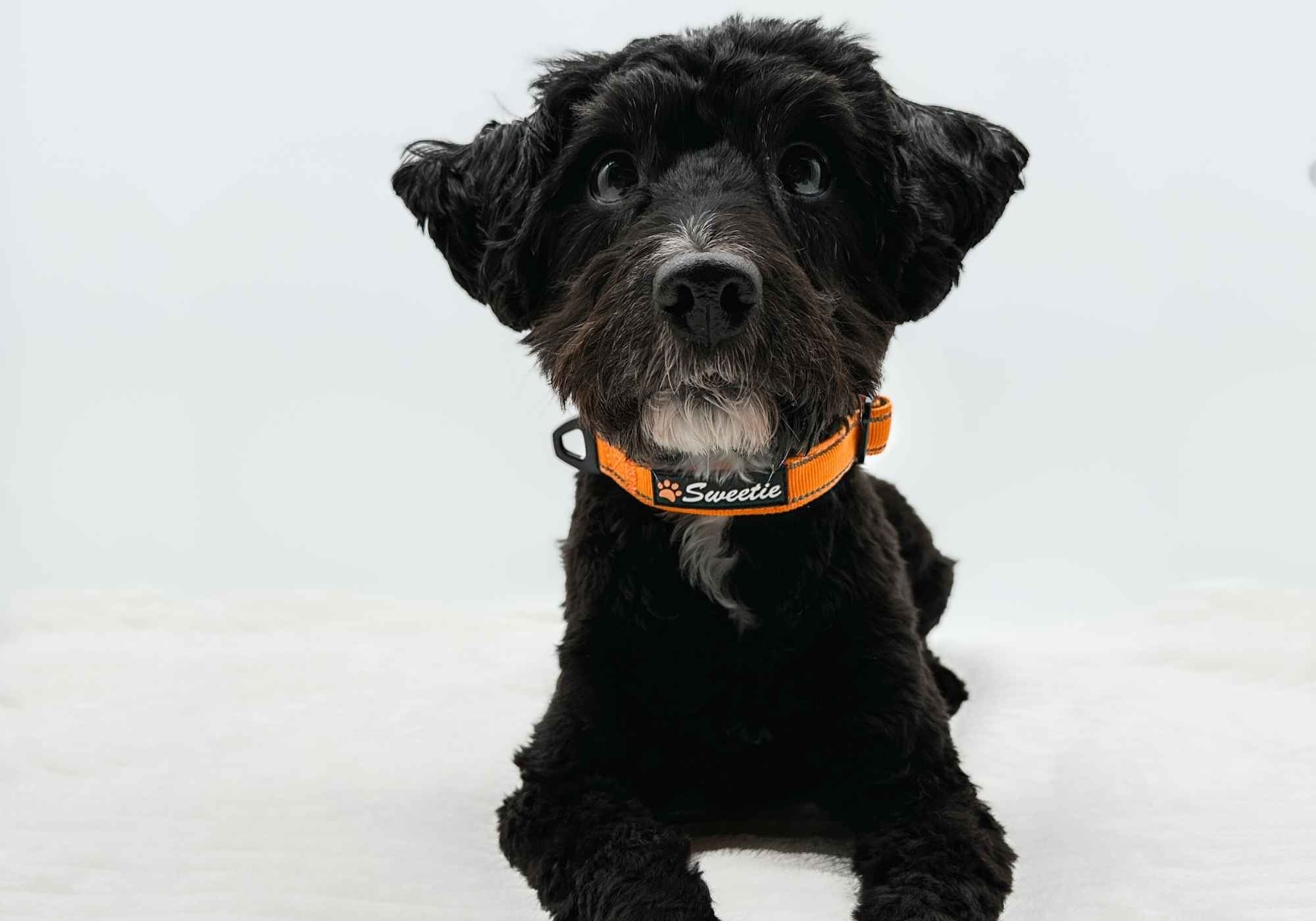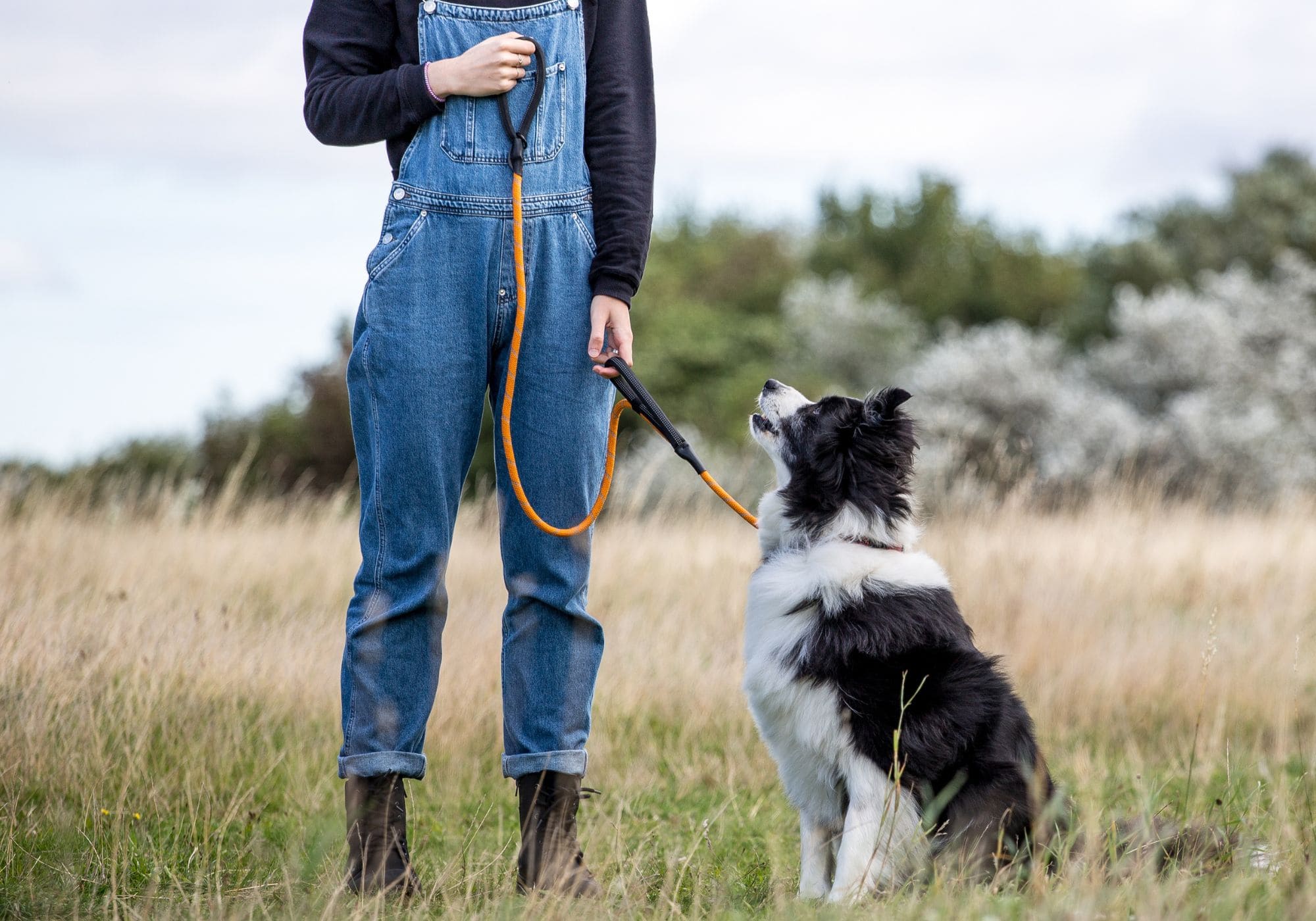Why Do Dogs Eat Grass? 8 Reasons and What to Do

Imagine this—you’re enjoying the afternoon sun on your untamed lawn when suddenly, you notice your furry friend munching on the grass. The first question you’ll ask is, “Why do dogs eat grass?” While there is some debate around this controversy, veterinarians agree that dogs eat grass for different reasons.
Dogs eat grass to counterbalance nutritional deficiencies, for fibre, and to soothe their upset stomachs. Others eat grass to meet their psychological needs or as an instinct due to their conditioning. Whatever the reason, grass isn't a perfect snack for your dog.
In this article, I’ll discuss the main reasons dogs eat grass and how to stop the behaviour for your furry friend’s safety. Keep reading!
Dogs Eating Grass: The Background
Before we dive into the reasons why dogs eat grass and how to prevent it, it's important to have background information on dog feeding. Where are dogs classified in terms of diet?
Animals are classified into three main categories in terms of their diet:
- Carnivores: These are animals that feed exclusively on meat. Examples are cats, wolves, and leopards.
- Herbivores: These are animals that feed entirely on plants. Examples include cows and horses.
- Omnivores: These are animals that eat both meat and vegetables. A good example is humans.
There has been confusion about whether dogs are omnivores or carnivores.
While most people believe dogs are omnivores, there have been arguments in favour of dogs being carnivores.
For instance, Dr. Wouter Hendriks, Utrecht University’s veterinary school expert, argued during the Waltham International Nutritional Sciences Symposium in Portland that dogs are carnivores and must be treated as such.
While such arguments may be valid, the best way around this confusion is to consider the nutritional requirements for omnivores and carnivores.
Strict carnivores like cats have a higher nutritional requirement for an amino acid (taurine), vitamins (pyridoxine, niacin, and vitamin A), and fatty acid (arachidonic acid). These nutrients are readily found in fat sources and animal protein.
On the other hand, omnivores like pigs and humans don't have a higher nutritional requirement for taurine. Moreover, they can use vegetable oils to make arachidonic acid.
Dogs fall under the omnivores category because they don't have a higher nutritional requirement for taurine.
With that background knowledge, it's evident that dogs can benefit from eating grass. However, this is not the best snack for your canine friend—it exposes them to various risks, as will be discussed later.
8 Reasons Dogs Eat Grass
Dogs eat grass for various reasons—while some might be beneficial, others can affect their health negatively.
Here are these reasons:
1. To Counterbalance Poor Nutrition
Like humans, dogs need a balanced diet to remain healthy. If their diet lacks certain essential nutrients, they’ll look for alternatives to get them.
According to UC Davis Veterinary Medicine, dogs eating grass is among the pica behaviours that may indicate the furry friend has nutritional deficiencies.
While it's challenging to identify the specific nutrient your dog might be lacking, you should observe its behaviour and take it to the vet. The vet will diagnose the dog and advise on the best food for the lacking nutrient.
2. For Fibre
Fibre is essential for your dog's health, digestion, and overall well-being. It helps facilitate nutrient absorption by keeping food in their intestines longer.
If your dog's diet lacks sufficient fibre, it may eat grass to fill this gap.
It's worth arguing that you feed your canine friend healthy, fibre-rich diets. However, you might not know that the amount of fibre consumed may not be sufficient for the dog's needs. Consequently, it resorts to eating grass.
An adult dog's diet must contain between 2 and 4 per cent fibre.
3. To Calm an Upset Stomach

If your dog has an upset stomach or is experiencing pain, it may eat grass to feel better.
The green blade stimulates the digestive system and encourages vomiting, flushing out stomach toxins.
Although less than 25% of dogs vomit after eating grass, you might have witnessed this phenomenon.
It's a natural way for dogs to respond to their health conditions—they understand their bodies and know how to make themselves feel better.
However, it's worth mentioning that dogs vomiting after eating grass creates a chicken vs. egg dilemma.
While some argue that dogs develop stomach aches and vomit due to the grass, others claim that dogs eat grass to vomit and soothe an ailing stomach.
4. To Meet Psychological Needs
Apart from physical needs, dogs have psychological needs that must be met to keep them healthy.
When these needs are unsatisfied, they try to meet them in other ways—including eating grass.
For instance, dogs crave their owners' attention and may resort to eating grass when they don't get the attention. This is especially true if you always scold your canine friend when they eat grass.
If your dog eats grass to meet its psychological needs, the behaviour will be accompanied by other signs of separation anxiety.
5. Natural Instinct
Think about dogs in the wild—do they eat packaged kibble? Of course not.
Dogs in their natural habitats have to find and hunt for food. They also eat grass, leaves, and other plants they encounter on their journeys.
Domesticated dogs have retained this behaviour over the years; thus, it's an instinct that can't be eliminated overnight. It requires extensive training and behaviour reinforcements.
6. Boredom
Like humans, dogs may start eating grass out of boredom or lack of entertaining activities.
When your pooch is left alone for long periods, they get bored and look for ways to entertain themselves. Eating grass is one way of keeping themselves busy.
7. Curiosity
Dogs are curious animals, often exploring things they encounter throughout the day.
Your canine friend may have seen you in the garden tending to herbs or veggies, and out of curiosity, they may try to eat the grass. Alternatively, they may want to explore a new flavour or texture.
8. To Soothe Anxiety
An anxious dog may turn to eating grass for comfort.
According to a 2018 study, noise sensitivity exposes dogs to anxiety, a factor that leads to behaviours like eating grass.
The best way to determine if your dog eats grass due to anxiety is to look for other signs of anxiety in canines. Some of these signs include:
- Digging up the garden
- Drooling
- Excessive barking
- Licking lips
- Panting
How to Prevent Your Dog from Eating Grass

Regardless of the reason your canine friend eats grass, it's not the best treat.
Moreover, eating grass exposes your dog to the following risks:
- Gastroenteritis: This is a stomach inflammation that leads to abdominal pains, diarrhoea, bloating, and excessive gas.
- Allergic reaction: Some plants contain toxins, insecticides, and other chemicals that can cause an allergic reaction in dogs.
- Parasites: Grass may expose your pooch to parasites like hookworms and roundworms. These can lead to serious illnesses if not treated on time.
- Intestinal blockage: Dogs eating grass with the wrong texture risks blocking their intestines.
That said, you can prevent your dog from eating grass and avoid these consequences in the following ways:
- Providing a balanced diet: Feeding your dog a balanced diet ensures it gets the vital nutrients; it won't eat grass to counterbalance nutrient deficiency. Adding supplements and minerals such as magnesium, calcium, and manganese to the food is also advisable.
- Increase fibre content: Increase the amount of fibre you feed the dog by providing more fruits, vegetables, and psyllium husks. Fibre keeps the dog fuller for long, eliminating the chances of nibbling on grass.
- Provide mental stimulation: Engage your dog in activities that keep it busy to prevent boredom and build mental and physical health. Interactive toys and puzzles for dogs are a good place to start.
- Consult a vet: There might be an underlying medical condition causing your dog to eat grass. A vet can diagnose this and provide the best treatment.
- Deny access to grass: When your pup isn't supervised, keep it away from the garden or any grassy area. If necessary, build a fence around those areas.
Final Thoughts
Now that you know the answer to the question, "Why do dogs eat grass?" go ahead and implement the above prevention strategies.
While a dog eating grass may not be catastrophic, it exposes them to several dangers. Therefore, take the necessary steps to prevent your pup from eating grass.
Finally, seek help from the vet if the behaviour persists.






Leave a comment